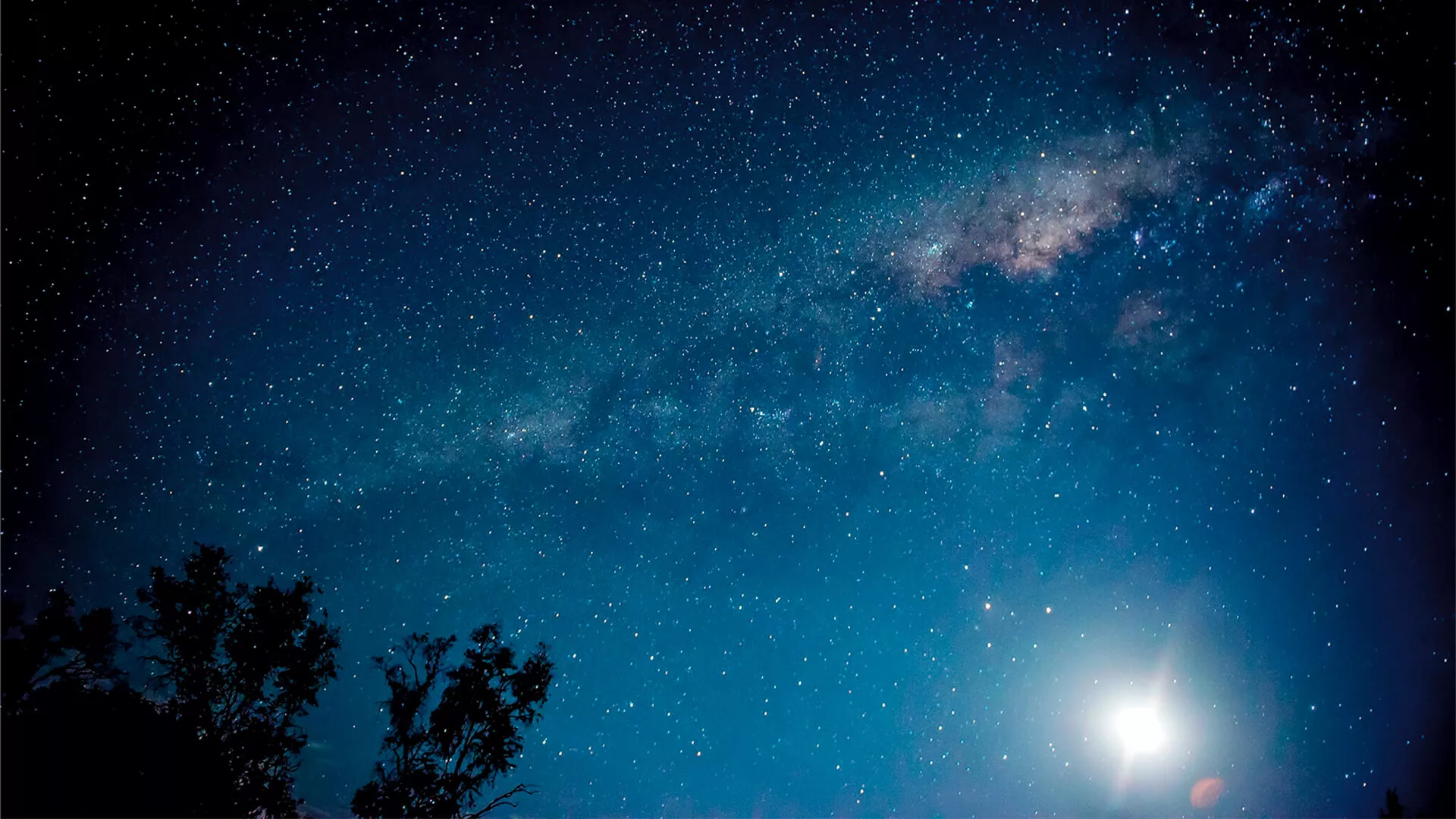
Globe trekker
45,500
This is the number of animals and plants that operation thunder, led by interpol between september and october, saved from widespread illegal trafficking. The international criminal police organisation said it had arrested 699 people and seized around 100 shipments of timber, a ton of ivory and pangolin scales, and thousands of turtles, eggs, birds and reptiles across 103 countries. This follows on from three other operations carried out since 2017 aimed at putting an end to this type of activity, the environmental, social, health and economic consequences of which are devastating.
Space
The first rubbish collector in the sky
The European Space Agency (ESA) has signed an €86 million contract with ClearSpace, a Swiss start-up from the Research Institute of the Swiss Federal Institute of Technology in Lausanne. Called ClearSpace-1 and scheduled for 2025, this mission aims to search for debris weighing 112 kg lost in space since 2013. According to ESA, in sixty years of space activities, more than 5,550 launches have resulted in the logging of over 42,000 objects in orbit, of which approximately 23,000 are still in space today. This debris constitutes a real threat for the satellites which orbit the Earth and for astronauts on missions.
Ethiopia
A sixth Ocean in East Africa
A group of researchers have made an incredible discovery in Ethiopia, in the Afar Desert. Satellite images have revealed the progressive widening of a chasm that appeared in 2005 following the eruption of the Dabbahu volcano. This fault, 10 metres deep and extending over 56 kilometres, could accommodate the waters of the Red Sea and ultimately lead to the split of the African continent in two. However, if you want to go swimming there you’ll be waiting a long time: the gap is widening by only 7 millimetres per year. So, we will have to wait at least 10 million years before counting one more ocean on planet Earth!
Europe
When technology sheds light on the smells of the past
Smell what our ancestors smelt. This is the ambition of a three-year European research programme, begun in January by specialists in artificial intelligence and engineering. Thanks to the development of an algorithm capable of identifying descriptions and representations of odours in books and works of art dating from the 16th to the 20th century, the team are on track to creating an encyclopaedia of olfactory heritage. Chemists and willing noses will then be responsible for reproducing these emanations so that they can be di used into the atmosphere of museums for that authentic feel. The promise of a fabulous journey into the perfumes of the past...
New Zealand
The official for astronauts on missions. Wizard of Christchurch
With his pointy hat, long black robe and staff, Ian Brackenbury Channell looks the perfect magician. And for good reason, the city council of Christchurch hired this eccentric British man twenty years ago to carry out acts of “witchcraft” within the framework of the promotion of the city. His job is actually more to pontificate and boost tourism in the square located in front of the cathedral than to cast spells, and provides him with a salary of 16,000 New Zealand dollars annually that is magically tax exempt. Decorated with the Queen’s Service Medal in 2009, he became an emblematic character of the Garden City. The Wizard, now 87 years old, is currently looking for a suitable successor with -a skill-set to match!
Australia
Regenerating the scorched earth
In Australia, the major fires of 2019 and 2020 had disastrous consequences: more than 7 billion trees damaged, and no less than 3 billion animals killed or displaced. How can we regenerate land damaged by fire? To accomplish this mission, the environmental organisation WWF decided to send drones to plant up to 40,000 tree seeds per day in the devastated areas. A technology that promises to both accelerate the regeneration of fauna, it can also reach areas normally difficult to access. Primary objectives of the NGO: restore 2 billion trees by 2030 and double the population of koalas by 2050.





